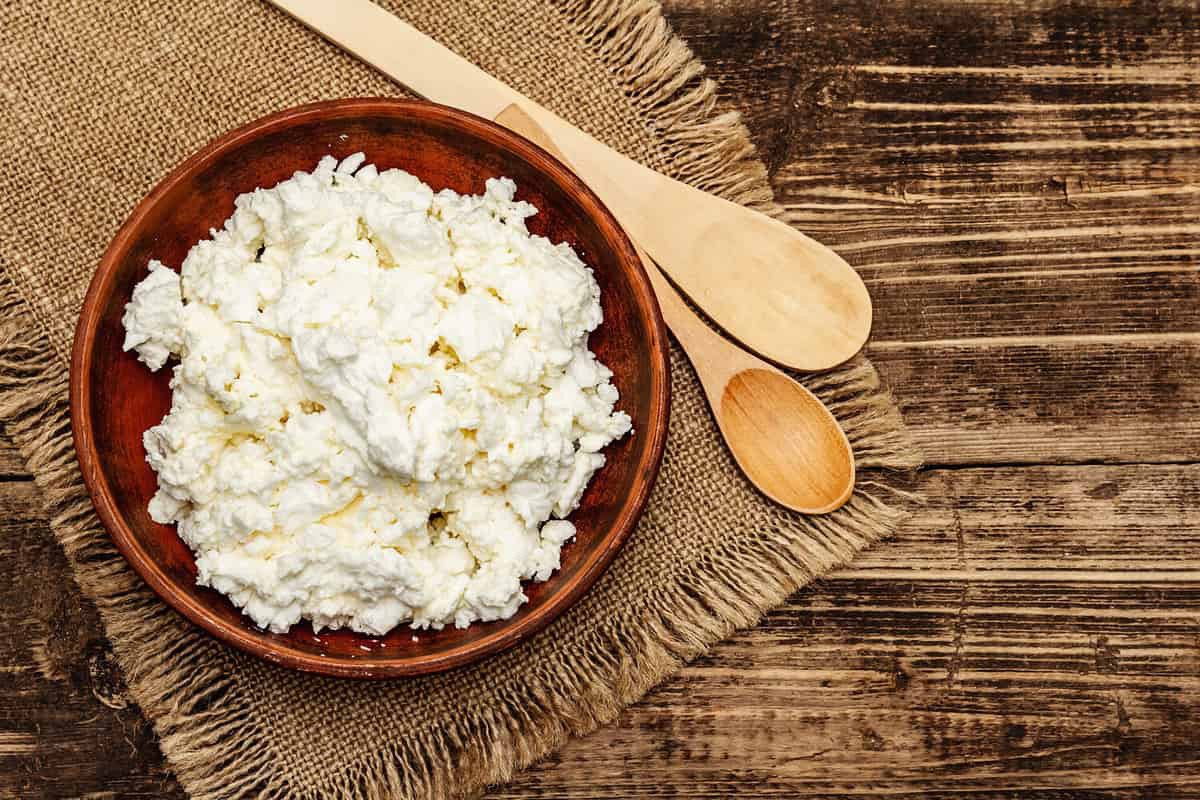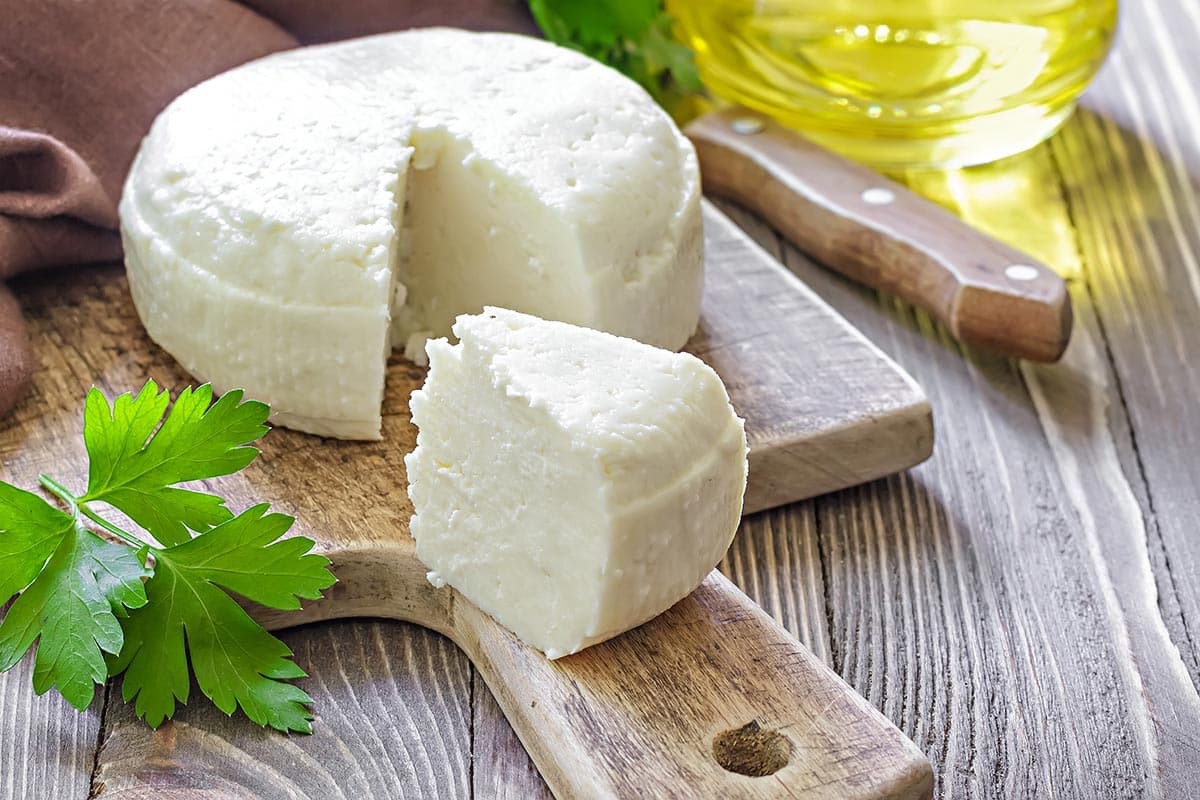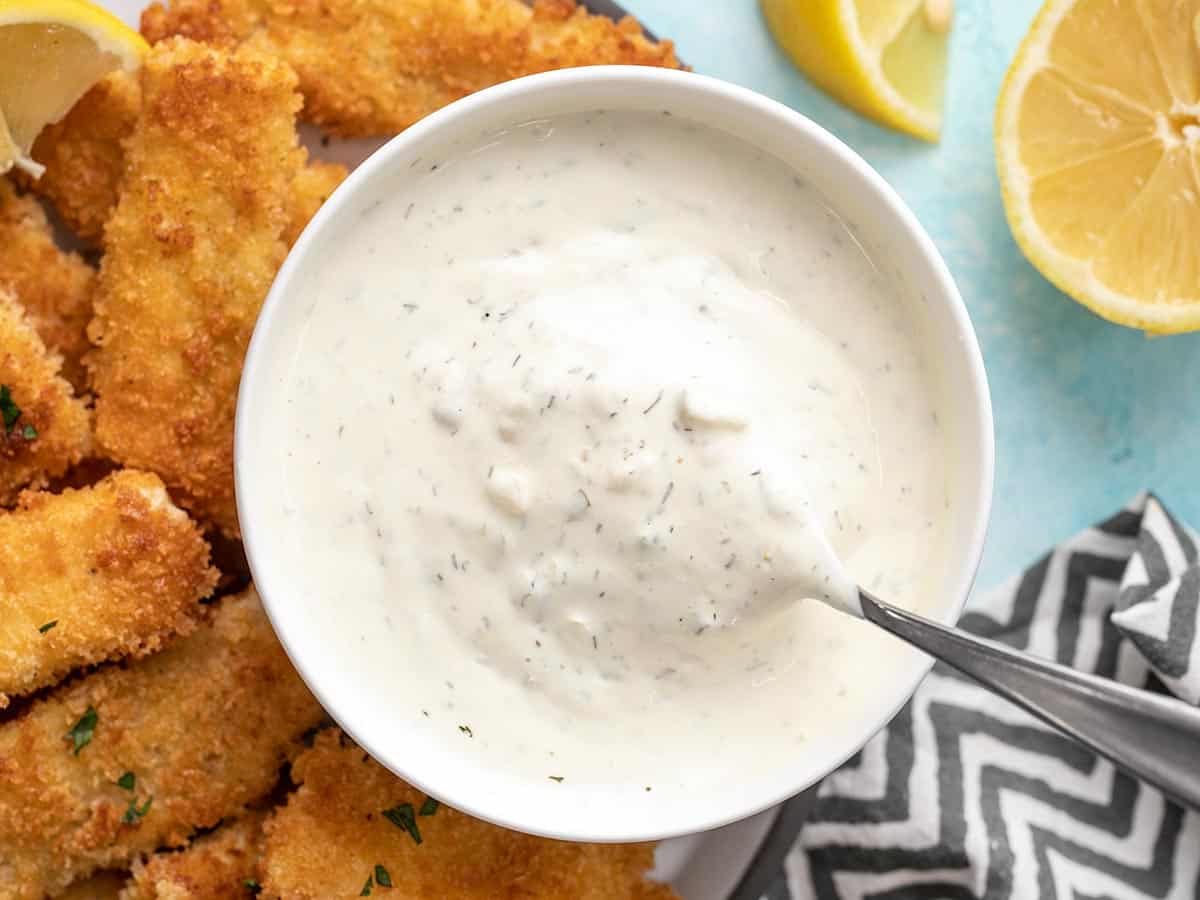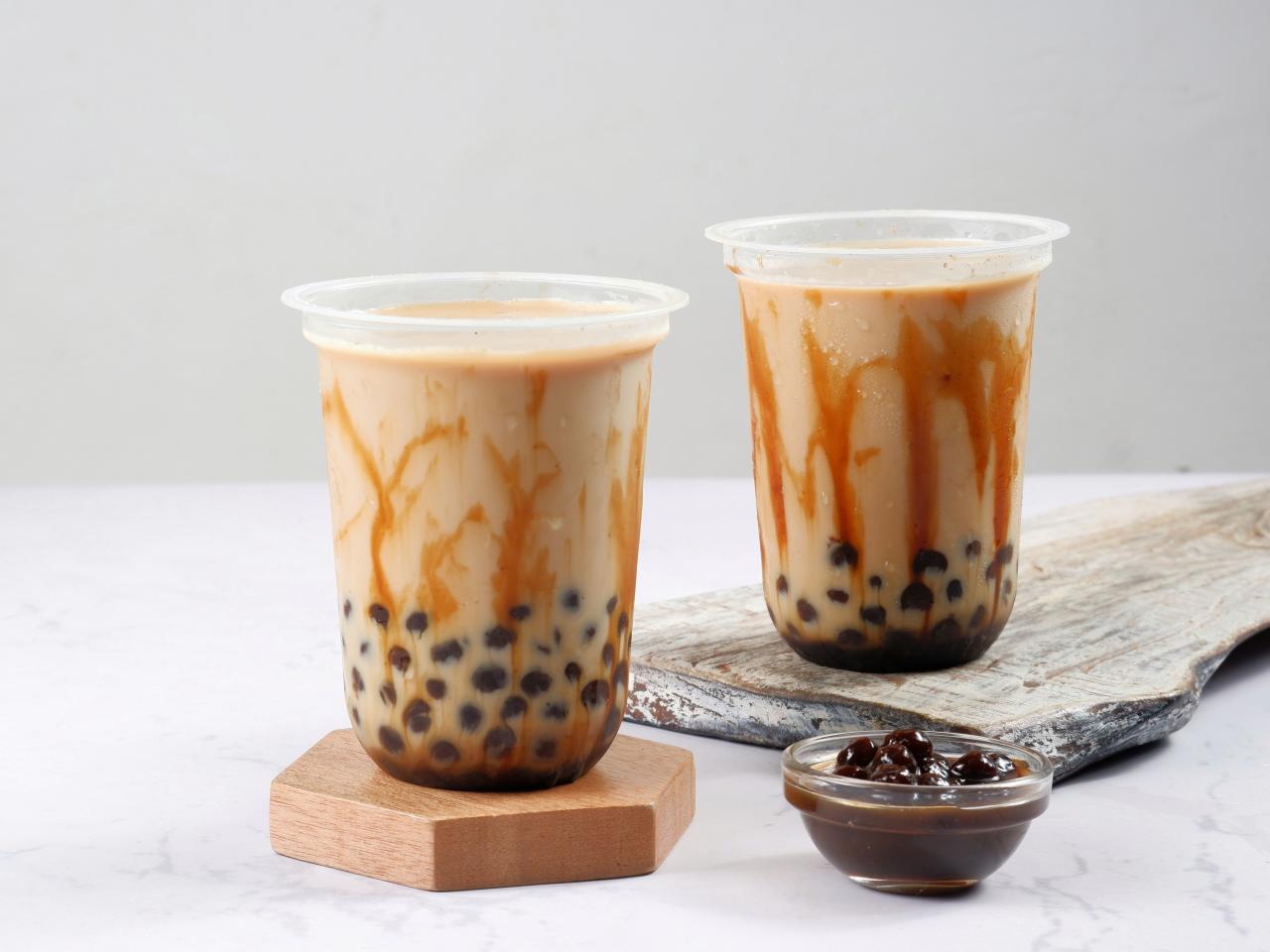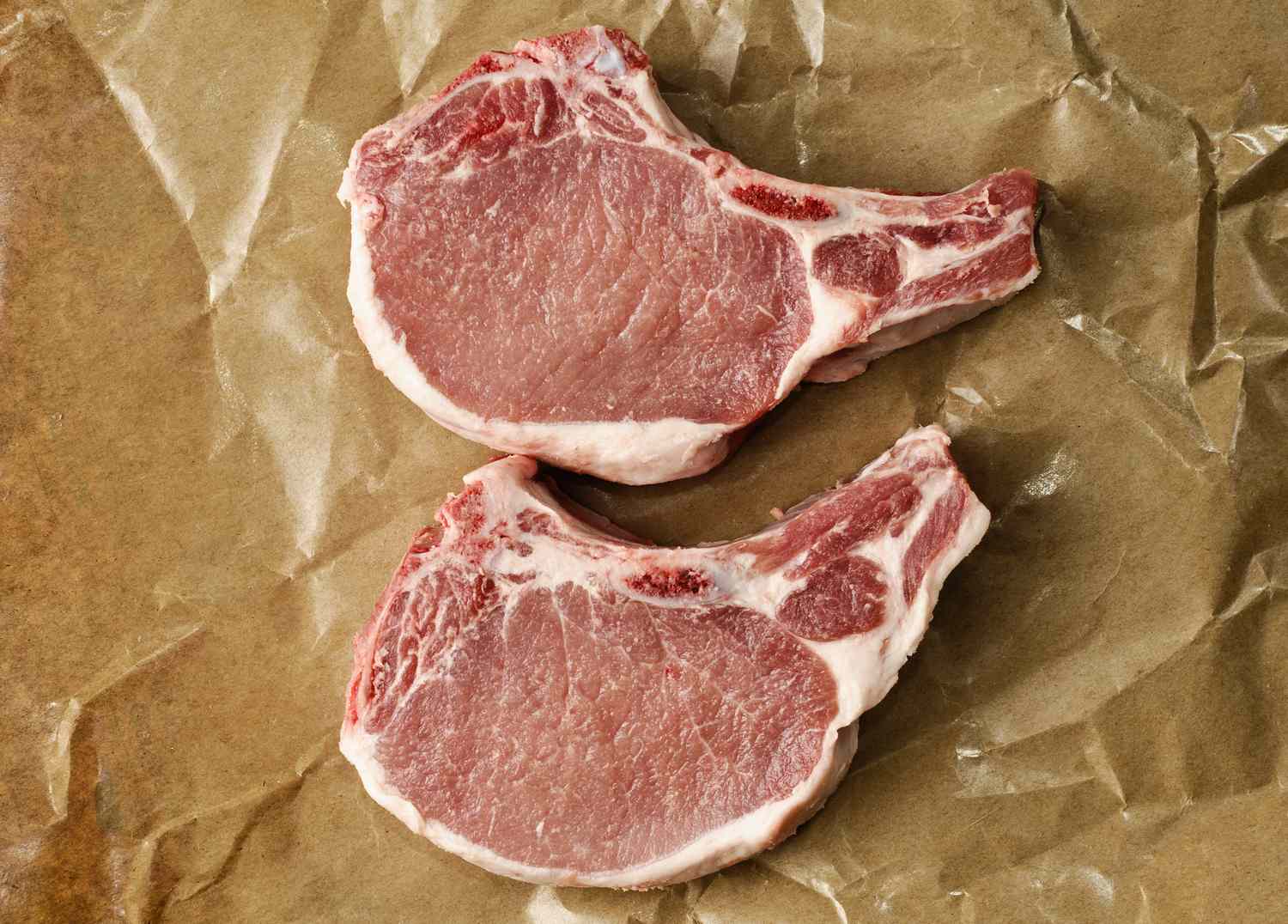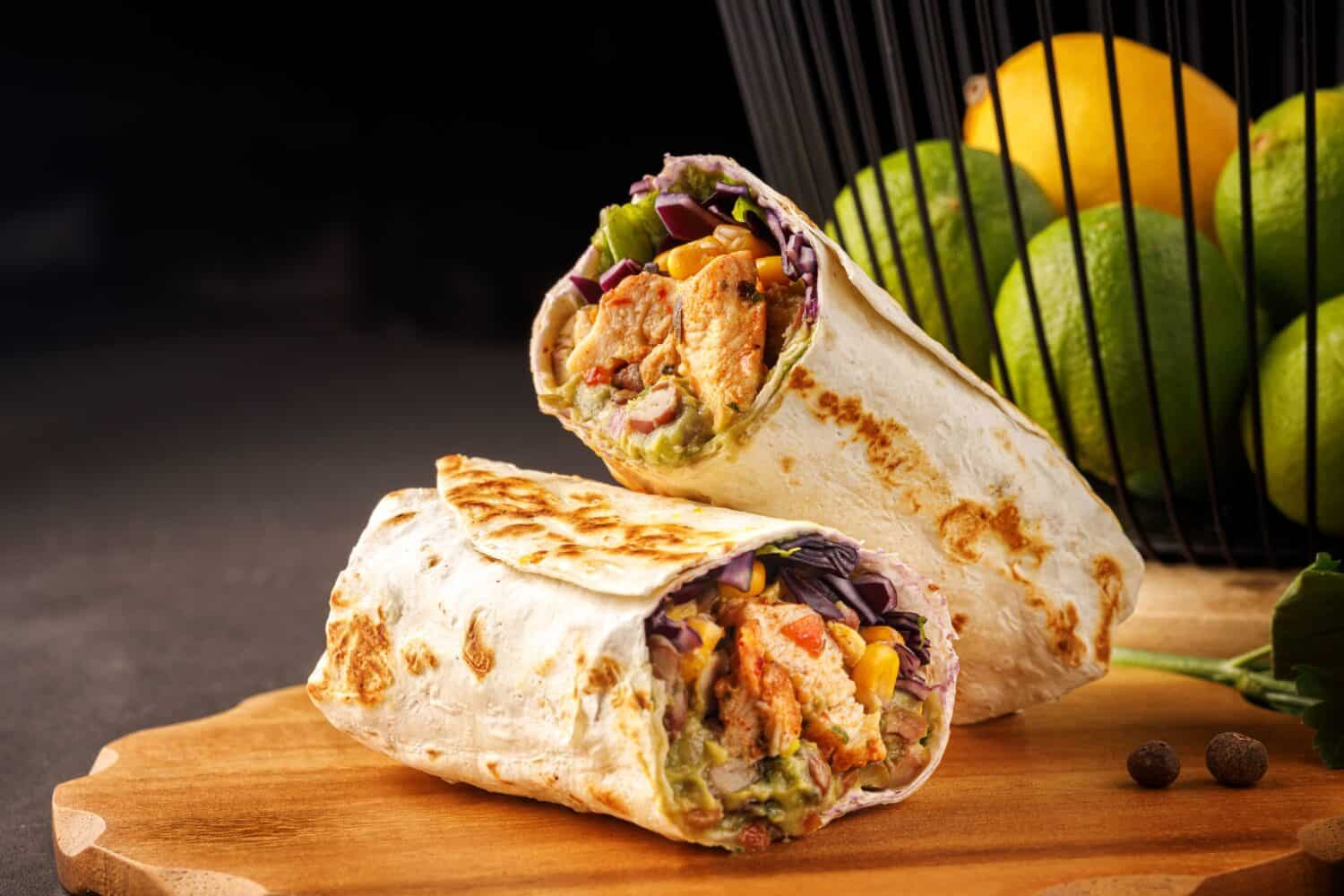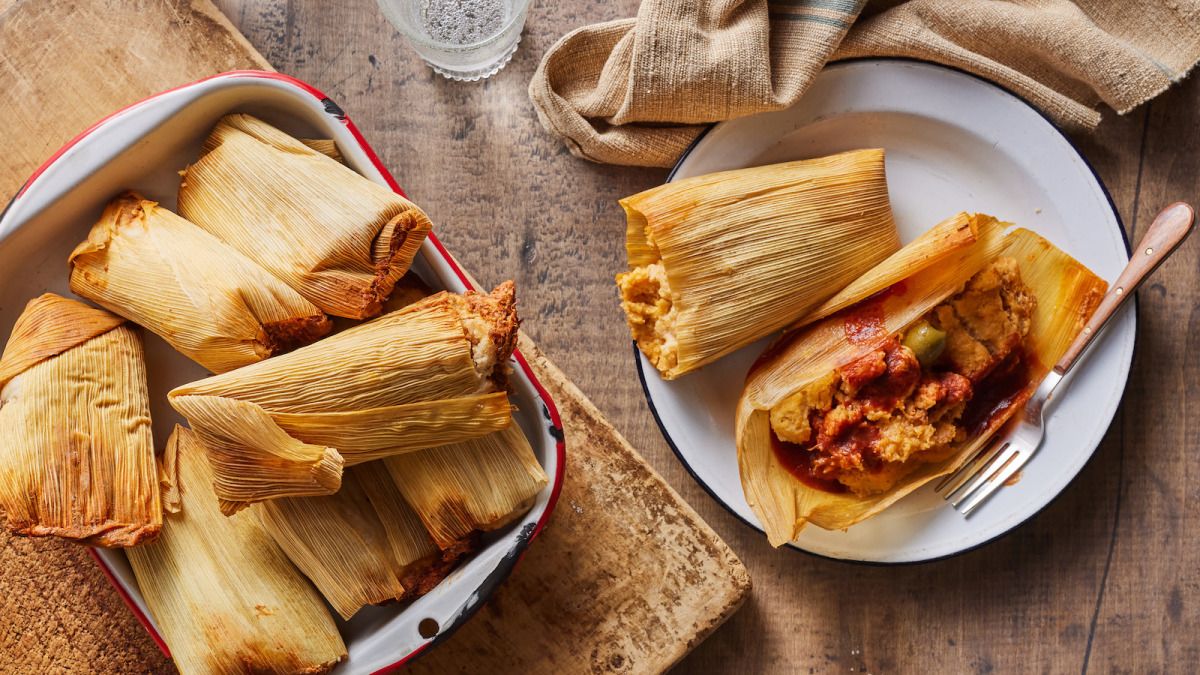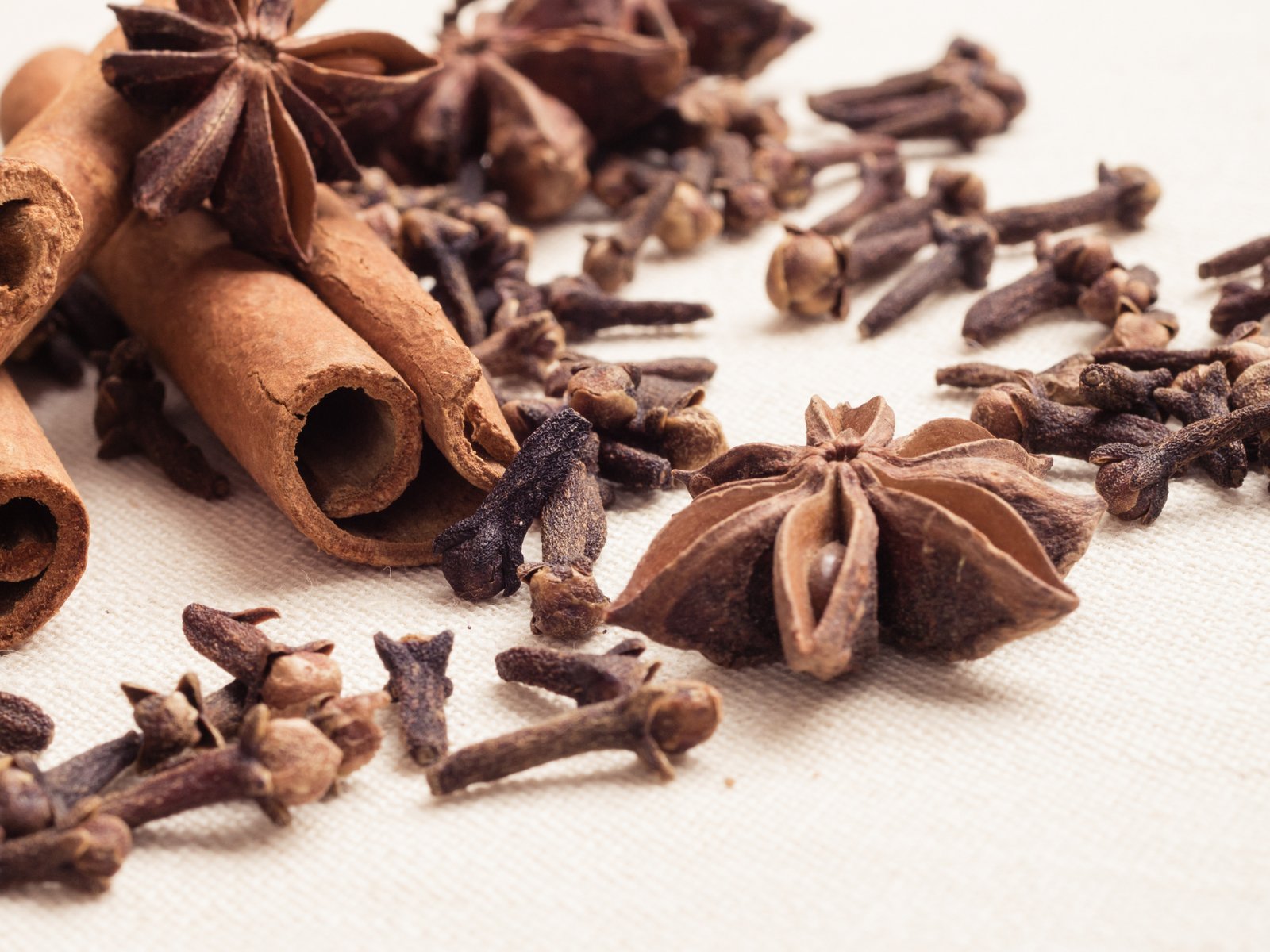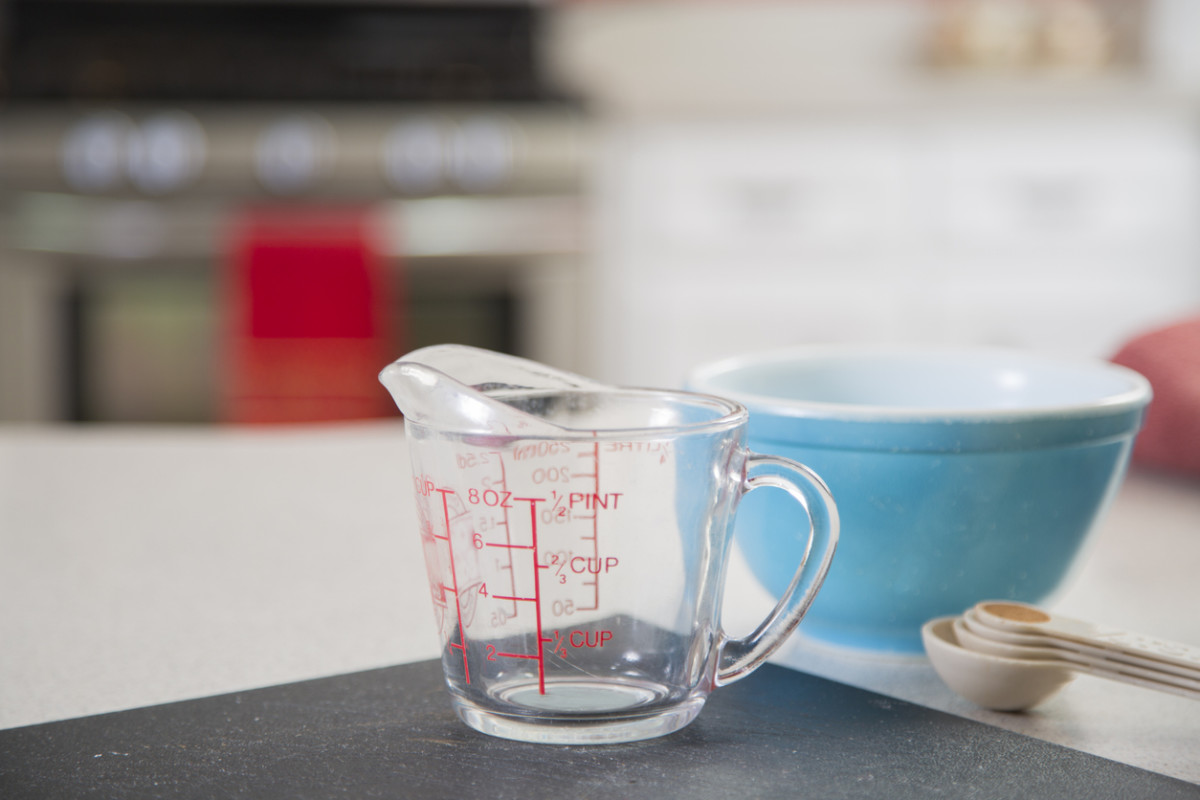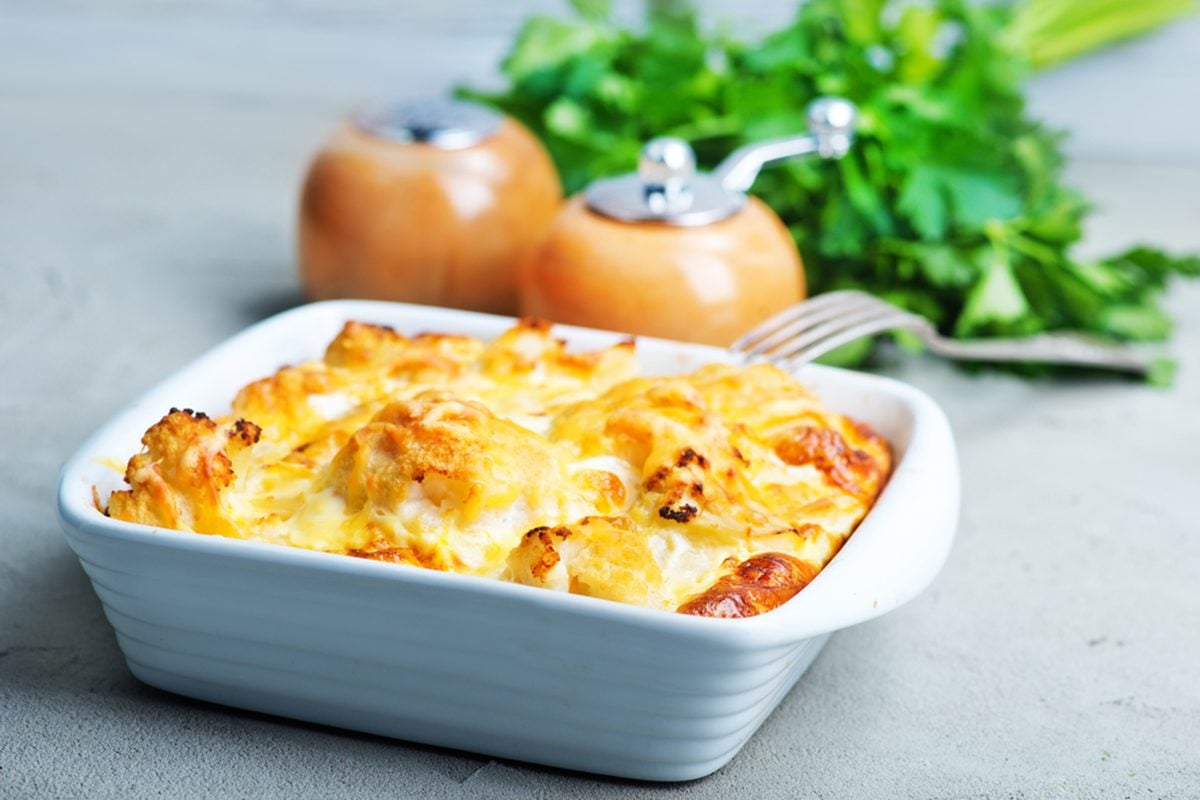Understanding Coarse Salt: A Guide to this Essential Kitchen Ingredient
When it comes to cooking, salt is a fundamental ingredient that can make or break a dish. Among the various types of salt available, coarse salt is a popular choice among chefs and home cooks alike. But what exactly is coarse salt, and how does it differ from other types of salt?
What is Coarse Salt?
Coarse salt, also known as kosher salt or sea salt, is a type of salt that has larger, irregularly shaped crystals compared to table salt. These larger crystals make it ideal for various culinary applications, as they provide a satisfying crunch and a burst of flavor when used as a finishing touch on dishes.
Unlike table salt, which is finely ground and often contains additives like iodine, coarse salt is typically free of additives and retains its natural mineral content. This purity and texture make it a favorite among chefs for seasoning meats, rimming cocktail glasses, and adding a final flourish to baked goods.
Uses of Coarse Salt
Coarse salt has a wide range of uses in the kitchen. Here are some common ways to incorporate it into your cooking:
- Seasoning meats: The large crystals of coarse salt adhere well to the surface of meats, creating a flavorful crust when grilled or roasted.
- Brining: Coarse salt is ideal for creating brines for poultry and fish, as its large crystals dissolve slowly and evenly, imparting flavor and moisture to the meat.
- Finishing dishes: Sprinkling a pinch of coarse salt over salads, roasted vegetables, or chocolate desserts can elevate the flavors and provide a delightful textural contrast.
- Rimming cocktail glasses: The coarse texture of salt crystals is perfect for coating the rims of margarita or martini glasses, adding a savory note to each sip.
Benefits of Coarse Salt
Using coarse salt in your cooking offers several benefits:
- Enhanced flavor: The larger crystals of coarse salt provide bursts of flavor and a satisfying crunch, enhancing the overall taste of dishes.
- Purity: Coarse salt is often free of additives, making it a natural and pure choice for seasoning food.
- Texture: The coarse texture of the salt crystals adds visual appeal and a delightful crunch to dishes.
- Versatility: From savory to sweet dishes, coarse salt can be used in a wide range of culinary applications.
Where to Buy Coarse Salt
Coarse salt is widely available in grocery stores, specialty food stores, and online retailers. Look for options labeled as kosher salt or sea salt to ensure you’re getting the right type of coarse salt for your culinary needs.
In Conclusion
Coarse salt is a versatile and essential ingredient in any kitchen. Its large, irregular crystals and pure flavor make it a favorite among chefs and home cooks for seasoning, brining, and adding a finishing touch to dishes. Whether you’re grilling a steak, rimming a cocktail glass, or simply enhancing the flavors of a salad, coarse salt is a valuable addition to your culinary arsenal.
Next time you’re in the kitchen, consider reaching for coarse salt to elevate your dishes and delight your taste buds with its unique texture and flavor.
Was this page helpful?
Read Next: What Is Bruschetta Pizza?
